These Boundaries Liberate And Empower Me
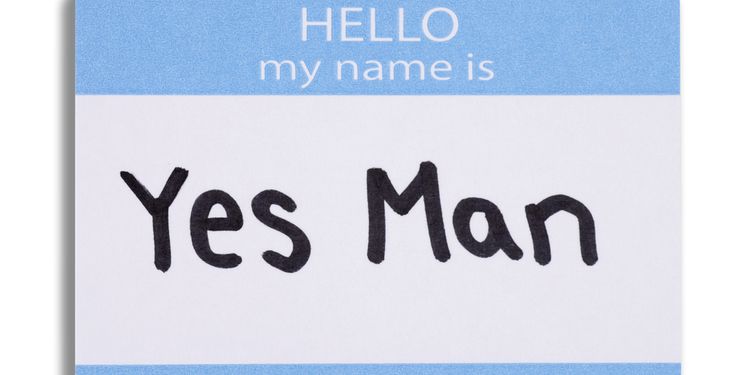
I was recently talking with a woman who told me that she once failed an entire summer semester in college because she couldn’t say no to her roommate. She felt consistently pressured into going out with her “domineering” roommate and didn’t feel comfortable saying no. This woman had an extremely shy disposition.
A lot of people believe that as humans, we never do anything we don’t want to do. I disagree with that notion wholeheartedly.
I’m sure that much of what I’m about to express will resonate with the timid, the extremely polite, the sensitive, the empathetic, the gracious, the tolerant, the warmhearted, the charitable, the good-natured— and anyone who’s ever taken on professional tasks or social obligations off the clock or on someone else’s behalf. Basically… everyone.
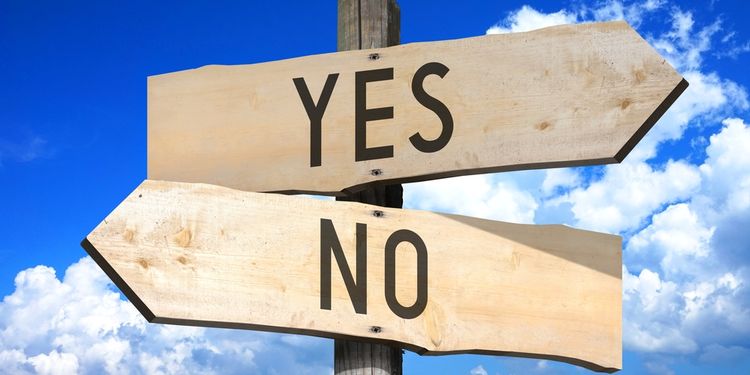
When I find myself doing things I don’t want to do, it always comes down to the fact that I said yes when I wanted to say no- but couldn’t. This produces feelings of frustration, annoyance, and anxiety.
Why can’t I just say no? Because I’m scared. I’m scared of hurting someone else’s feelings. So for the sake of being congenial, I’ve adopted the habit of making other people comfortable at my own expense.
I particularly love saying yes to life and new experiences, like so many other people. Unfortunately, this also means saying yes to requests, tasks, and favors that I don’t necessarily have the personal time or energy to do. Always “yessing” has become a powerful habit that proves extremely difficult to break.
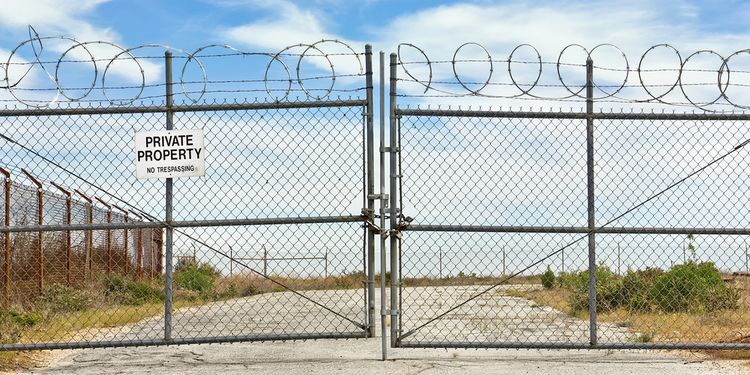
This “yessing” habit has distracted me from moments of relaxation, creativity, and introspection. It feels particularly difficult to say no when I actually have nothing else going on, yet ironically, it’s in these calm moments that my creativity and relaxation peak and my time is the most valuable. These moments in time should be cherished and honored.
Unfortunately, in my endeavor to set limits, I’ve realized that if there’s no concrete reason or plan that prevents me from being able to do something, it’s harder to say no.
In other words, the moments I most cherish in my life are the ones that are the most difficult to protect. The good news is that there are still ways to do just that with tools that will eventually feel natural and even comfortable to use.
Boundaries and freedom sound contradictory, but I can explain how fundamentally related the two are. I can also provide tools that you can use to create boundaries and reclaim personal freedom in your professional, personal, and social life.
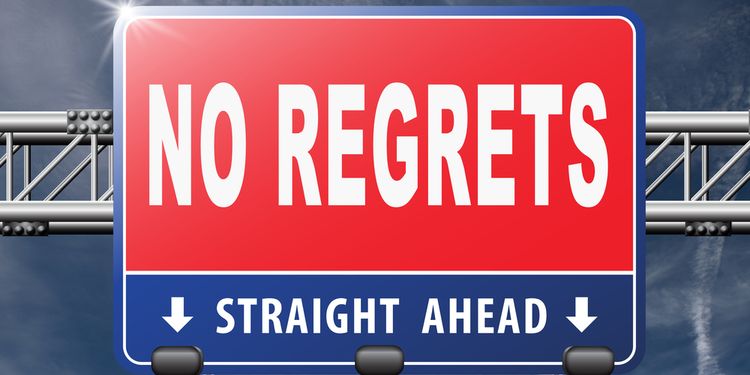
Authenticity and Directness
Authenticity means being completely and utterly honest, no matter how blunt it may sound or uncomfortable it may feel. It means saying, “I don’t feel like doing X, but have an amazing time.” Or maybe it’s “I can’t help you today. How about another day?” There doesn’t have to be an “I’m sorry” or “because” included in this.
Too often, I explain myself at length or apologize for my wants and needs, but why? I should never have to apologize for my preferences, and neither should you. Our likes, dislikes, desires, and needs are our birthright. They’re what make us the unique individuals we are.
Being direct means using absolute statements. For example, when saying “That’s not something I feel inclined to do, but I hope you have an amazing time!” you’re not saying “I don’t think I feel like doing that, but maybe later!” If you say that, you’re being indirect, which will elicit confusion and will also not clearly set a limit or boundary. It’s more than likely that you’ll be asked again.

If you’re authentic in wishing someone a good time or in offering to help at a later time, it won’t seem curt to be absolute in your statements.
Be confident in your authenticity and directness by being genuine and honest and avoiding words such as “maybe,” “I think,” “perhaps,” “just,” and “possibly.”
These words assume both uncertainty and hesitation, and if you’re uncertain yourself, how will the other person know what your limits and boundaries really are?
This means being very honest with yourself about your likes and dislikes.
Self-Awareness and Acceptance
In order to implement limits and boundaries, it’s important to know what these limits and boundaries are!
To be self-aware means to be observant of the situations in which discomfort, anxiety, relaxation, and/or happiness arise.
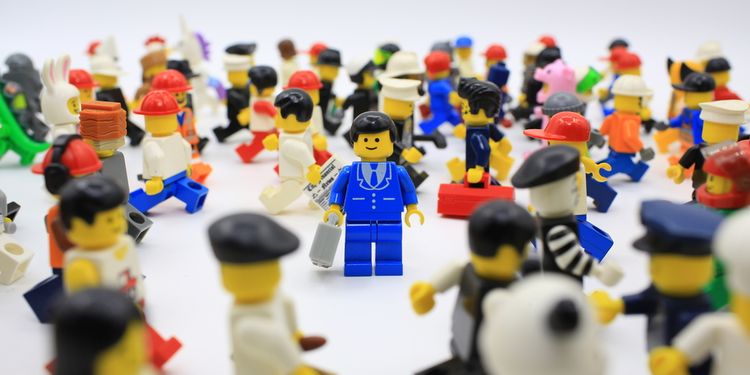
When I first moved to Los Angeles, my friend invited me to go to a nightclub with her in Hollywood. I’m not crazy about nightclubs, so I was hesitant to go from the start. Nonetheless, I decided to give it a try.
I walked in and immediately felt the disconnect between myself and this particular crowd. I felt anxious and out of my skin. Listening to the response in both my mind and body (tightening, discomfort, tension, and anxiety) reminded me that I don’t enjoy nightclubs.
Acknowledging and accepting the uniqueness of being a young 20-something who doesn’t enjoy a large part of the mainstream culture in Los Angeles gave me permission to express myself freely.
It’s okay that I dislike nightclubs. It’s okay that I happen to love concerts. I had to remind myself that this honesty shouldn’t be confused with rigidity. If someone were to invite me out to a show, I’d more than likely say yes.
Being aware and accepting of your own likes and dislikes can help you become certain in your personal preferences, and in turn, will pave a path to freedom in your life. Acting from a place of certainty begins to feel very natural.
When you act from a place of certainty, you govern your life. Things simply stop “happening” to you. You can finally begin taking charge of your time and your life.
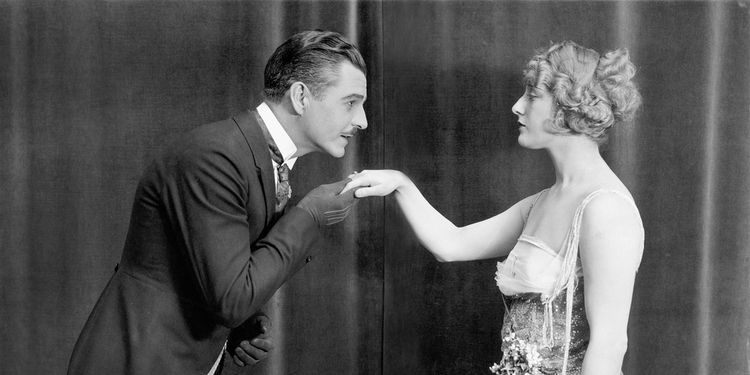
Kindness and Power
When I respond optimistically rather than apologetically, the reaction that I get from whoever I am setting the boundary with is dramatically different.
In kindly and genuinely declining by saying, “I can’t join tomorrow for lunch, but thank you for inviting me!” the tone is grateful rather than remorseful. There’s a lot of positive energy in gratitude, so this is a particularly great tool.
Saying no isn’t that big of a deal most of the time. I’ve realized in the process of setting my limits that I take myself way too seriously. It’s almost like the more power I believe I have over other people’s feelings, the greater discomfort I have in saying no.
It really helps to remind myself that if another person’s happiness is predicated upon whether or not I agree to do something, it’s likely that there’s something else going on.
In reality, we don’t have power over other people’s feelings, and it’s silly to think that we do. Other people’s happiness has nothing to do with our actions, only their perceptions of those actions.

Summary
It’s possible to reclaim your power by refocusing the influence it has on you rather than on other people. Those 30 seconds of discomfort when setting a limit are worth the self-respect, empowerment, and freedom that they guarantee.
We grow up and are taught that time is money. Time is also life. If there’s a major lesson I’ve learned in the gradual process of setting limits, it’s that we should never give ours away.
